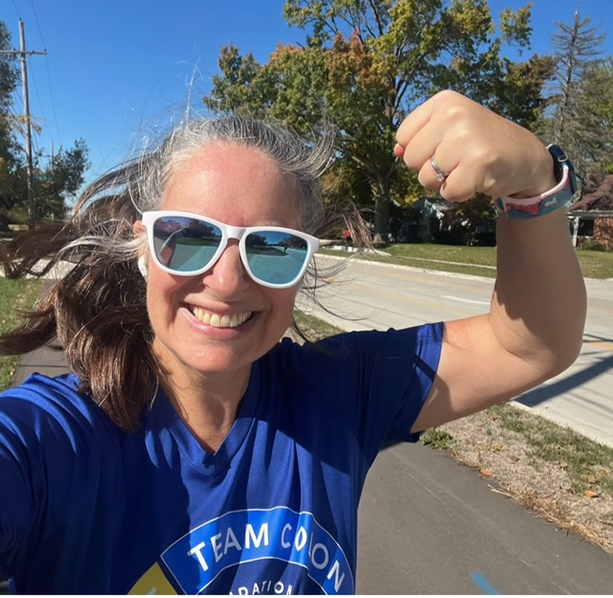Stage 0 and Stage I Colon Cancer
Patients diagnosed with stage 0 and stage I colon cancer are highly likely to be cured (>90% cure rate) by
a procedure (polypectomy) or surgery (colon resection) that removes the cancerous polyps or tumor.
Stage 0 and Stage I Colon Cancer
Patients diagnosed with stage 0 and stage I colon cancer are highly likely to be cured (>90% cure rate) by a procedure (polypectomy) or surgery (colon resection) that removes the cancerous polyps or tumor.
Stage 0 and Stage I Colon Cancer
Patients diagnosed with stage 0 and stage I colon cancer are highly likely to be cured (>90% cure rate) by a procedure (polypectomy) or surgery (colon resection) that removes the cancerous polyps or tumor.
STAGE I COLON CANCER
For stage I colon cancer, surgery is often the only recommended initial treatment. It will typically be either:
Colectomy (resection)
Removal of all or part of your colon through an incision or incisions (laparoscopic surgeries often require several small incisions while open surgery is usually done using a single, larger incision).
Laparoscopic colectomy
When a surgeon makes a few small incisions in your abdomen through which they pass a tiny camera and tools to access your colon.
STAGE I COLON CANCER
For stage I colon cancer, surgery is often the only recommended initial treatment. It will typically be either:
Colectomy (resection)
Removal of all or part of your colon through an incision or incisions (laparoscopic surgeries often require several small incisions while open surgery is usually done using a single, larger incision).
Laparoscopic colectomy
When a surgeon makes a few small incisions in your abdomen through which they pass a tiny camera and tools to access your colon.
STAGE I COLON CANCER
For stage I colon cancer, surgery is often the only recommended initial treatment. It will typically be either:
Colectomy (resection)
Removal of all or part of your colon through an incision or incisions (laparoscopic surgeries often require several small incisions while open surgery is usually done using a single, larger incision).
Laparoscopic colectomy
When a surgeon makes a few small incisions in your abdomen through which they pass a tiny camera and tools to access your colon.
Champion Stories
So many people look for information and hope when a diagnosis hits. Our Champion Stories Hub
showcases the resilience, strength, and heart of relentless champions of hope.

Suzanne Miller
I was 40 years old when I was diagnosed with Stage 1 Colon Cancer. As a healthy adult who was in great shape and training for a third marathon, one would think I know my body pretty well. The summer of 2016, I was experiencing weird symptoms – blood in my stool was the main one. With a family history of Crohn’s Disease and with having IBS, I immediately called my doctor. They referred me to a gastroenterologist who would schedule a colonoscopy. They found an 8cm mass blockage in my colon. After finding out it was cancerous, I was scheduled for surgery. On November 18, 2016 – They removed 8 inches of my colon which encapsulated the entire mass. My surgeon told me it was a blessing that I cam in when I did. Early detection saved my life. If I would have waited, I would not be here today.
Champion Stories
So many people look for information and hope when a diagnosis hits. Our Champion Stories Hub showcases the resilience, strength, and heart of relentless champions of hope.

Suzanne Miller
I was 40 years old when I was diagnosed with Stage 1 Colon Cancer. As a healthy adult who was in great shape and training for a third marathon, one would think I know my body pretty well. The summer of 2016, I was experiencing weird symptoms – blood in my stool was the main one. With a family history of Crohn’s Disease and with having IBS, I immediately called my doctor. They referred me to a gastroenterologist who would schedule a colonoscopy. They found an 8cm mass blockage in my colon. After finding out it was cancerous, I was scheduled for surgery. On November 18, 2016 – They removed 8 inches of my colon which encapsulated the entire mass. My surgeon told me it was a blessing that I cam in when I did. Early detection saved my life. If I would have waited, I would not be here today.




